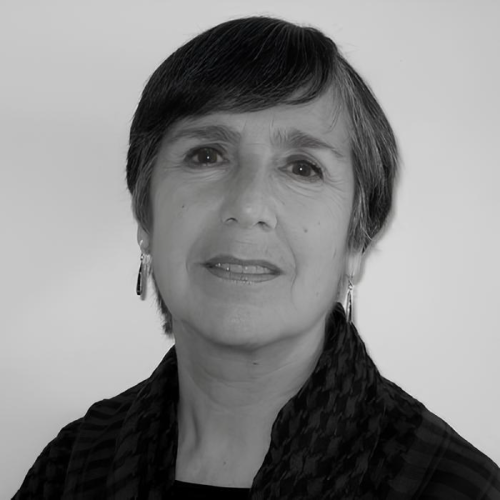
Rima Apple is a leading figure in the study of women’s health and maternity. Photo: University of Wisconsin-Madison
Professor Rima Apple, emerita at the University of Wisconsin-Madison, will be at UFMG in December as a guest of the FUNDEP/IEAT International Visit program. At the university, the researcher will give two lectures at the UFMG Health Campus, located at Avenida Professor Alfredo Balena, 190, in the Santa Efigênia neighborhood, in Belo Horizonte.
On December 2nd, from 2 pm to 4 pm, she will present the lecture “Learning and Doing Women’s Health: From Patriarchy to Empowerment,” in the Maria Sinno auditorium at the UFMG School of Nursing. The activity, which will grant a certificate of participation upon registration through the Even3 platform, will be held in English, without translation.
In a submitted summary, Rima Apple explains that women have always been responsible for healthcare, but until recently, these roles were poorly recognized. As a researcher on the subject, she details that, for much of this history, women were seen merely as passive patients, not as active participants in healthcare. However, the current situation is very different.
In the conference “Learning and Practicing Women’s Health: From Patriarchy to Empowerment,” Rima Apple intends to trace the historical role women have played in shaping healthcare, often as patients, but also as doctors, nurses, midwives, and other professionals in the field. During her presentation, she will discuss the social, cultural, and economic circumstances that influenced these drastic changes.
The following day, December 3rd, she will give the lecture “Why Delayed Motherhood? Women’s Decisions, 1910s–2020s” in the Amílcar Vianna Auditorium (room 062) at the UFMG Faculty of Medicine, from 10:00 AM to 12:00 PM. Registration via the Even3 platform is required to receive a certificate of participation. The lecture will be given in English, with simultaneous translation into Portuguese.
Posts about celebrities giving birth at 45 or 50 and accounts of the miracles of assisted reproductive technology are common on social media today. However, the phenomenon of late motherhood is not exclusive to the 21st century. Rima Apple will discuss how many stories from the past describe the experiences of women who experienced late motherhood, both unintentionally and intentionally. According to her, throughout the century, doctors, social commentators, and demographers have debated the economic, social, and cultural reasons that explain the advanced maternal age of a population. On the other hand, women who postponed pregnancy often spoke out, defending or justifying their decisions.
In her conference, “Why Late Motherhood? Women’s Decisions, 1910 to 2020,” Rima Apple intends to reflect on the constantly changing perspectives on late motherhood and, primarily, present examples of experiences from women who experienced pregnancy in the later stages of life.
About the guest speaker:
Rima D. Apple is Professor Emerita at the University of Wisconsin-Madison, in the United States, and holds a doctorate in the History of Medicine from the same institution. Throughout her career, she has published extensively on women’s history and the history of medicine, nursing, and nutrition. She is the author of the books Perfect Motherhood: Science and Childrearing in America (New Brunswick, NJ: Rutgers University Press, 2006) and Vitamania: Vitamins in American Culture (New Brunswick: Rutgers University Press, 1996), which received the Kremers Prize in 1998 from the American Institute of the History of Pharmacy.